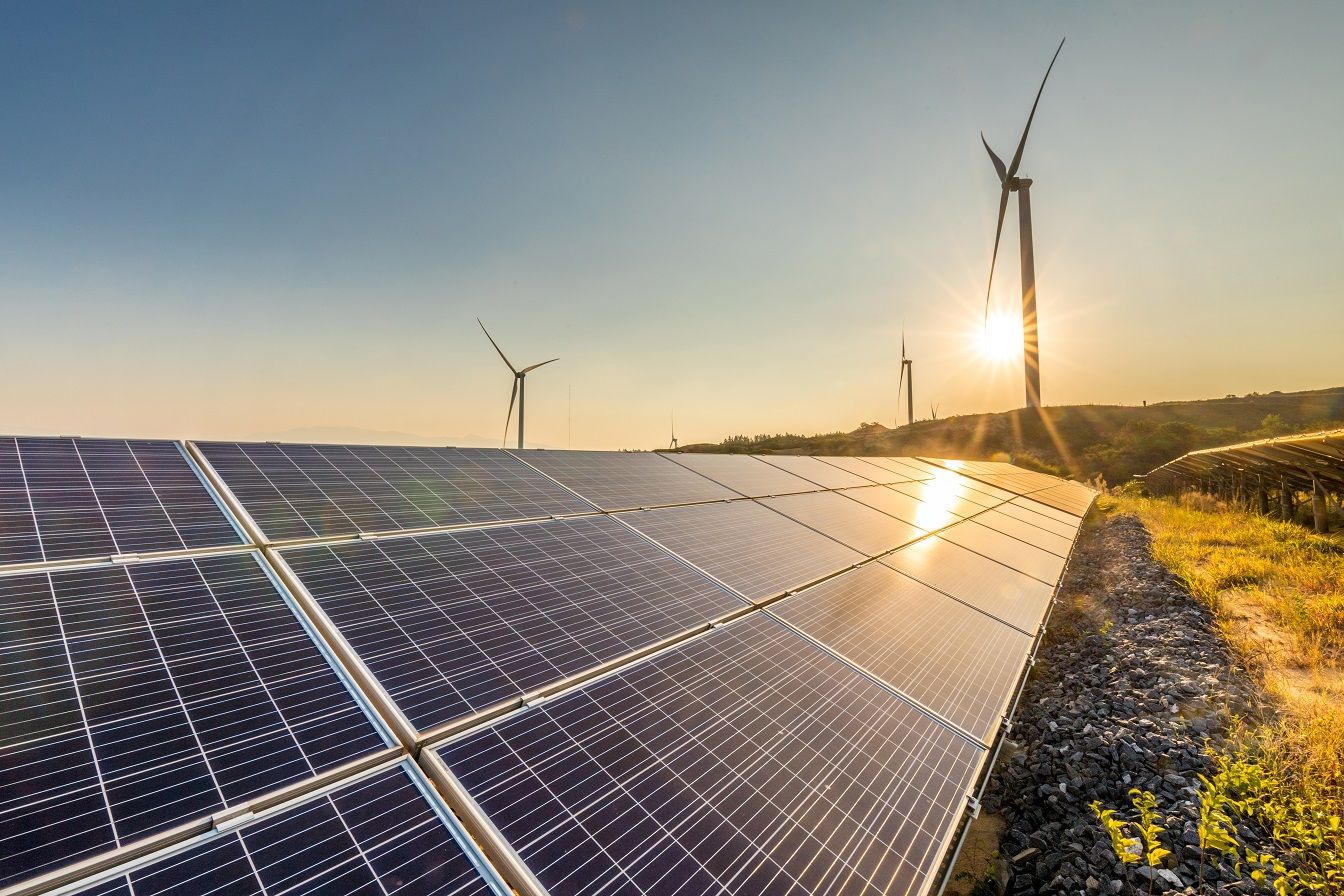1. Reducing Greenhouse Gas Emissions:
- The burning of fossil fuels for energy production is a major contributor to greenhouse gas emissions, which drive climate change. Renewable energy sources produce little to no direct emissions, making them a crucial part of efforts to curb global warming.
2. Solar Energy:
- Solar energy harnesses the power of the sun through photovoltaic panels. It's a clean, abundant, and increasingly cost-effective source of electricity. Solar farms and rooftop installations are expanding worldwide.
3. Wind Energy:
- Wind turbines capture the kinetic energy of the wind to generate electricity. Wind power is scalable, with onshore and offshore wind farms contributing to the renewable energy mix.
4. Hydropower:
- Hydropower uses the energy of flowing water to generate electricity. It's a well-established renewable energy source and has been a significant contributor to global electricity generation.
5. Biomass and Bioenergy:
- Biomass, derived from organic materials like wood, agricultural residues, and waste, can be used to produce bioenergy. Bioenergy offers a carbon-neutral alternative to fossil fuels.
6. Geothermal Energy:
- Geothermal energy taps into the Earth's heat from beneath the surface to generate electricity and provide heating and cooling. Geothermal power plants and heat pumps are in use in various regions.
7. Energy Storage Solutions:
- To make renewable energy sources more reliable and accessible, energy storage solutions like batteries are being developed and deployed. These technologies store excess energy for use when renewable sources are not generating power.
8. Economic Benefits:
- The renewable energy sector provides job opportunities, attracts investments, and promotes economic growth. It's an engine for innovation and technological advancement.
9. Energy Independence:
- By diversifying the energy mix and relying more on renewable sources, countries can reduce their dependence on fossil fuel imports, enhancing energy security.
10. Sustainable Development Goals:
- Renewable energy expansion aligns with the United Nations Sustainable Development Goals (SDGs), including goals related to affordable and clean energy, climate action, and the reduction of inequalities.
11. Addressing Climate Change:
- Transitioning to renewable energy sources is a fundamental strategy in addressing climate change. The Intergovernmental Panel on Climate Change (IPCC) emphasizes the importance of reducing carbon emissions through renewable energy to limit global temperature increases.
12. Policy and Government Support:
- Many governments are implementing policies and incentives to encourage the adoption of renewable energy sources, including tax credits, subsidies, and renewable portfolio standards.
13. Technological Advances:
- Ongoing research and innovation are making renewable energy sources more efficient and cost-effective, helping accelerate their adoption.
14. Challenges and Considerations:
- Challenges include intermittency in energy production, land use, and the need for infrastructure upgrades. Balancing renewable sources with other forms of energy and addressing grid integration are ongoing considerations.
Renewable energy initiatives are at the forefront of climate action, and their continued expansion is essential for a sustainable and environmentally responsible future. As technology and policy advancements continue to drive progress in this field, the global community is better positioned to reduce carbon emissions and transition to cleaner, more sustainable energy sources.




Comments (0)